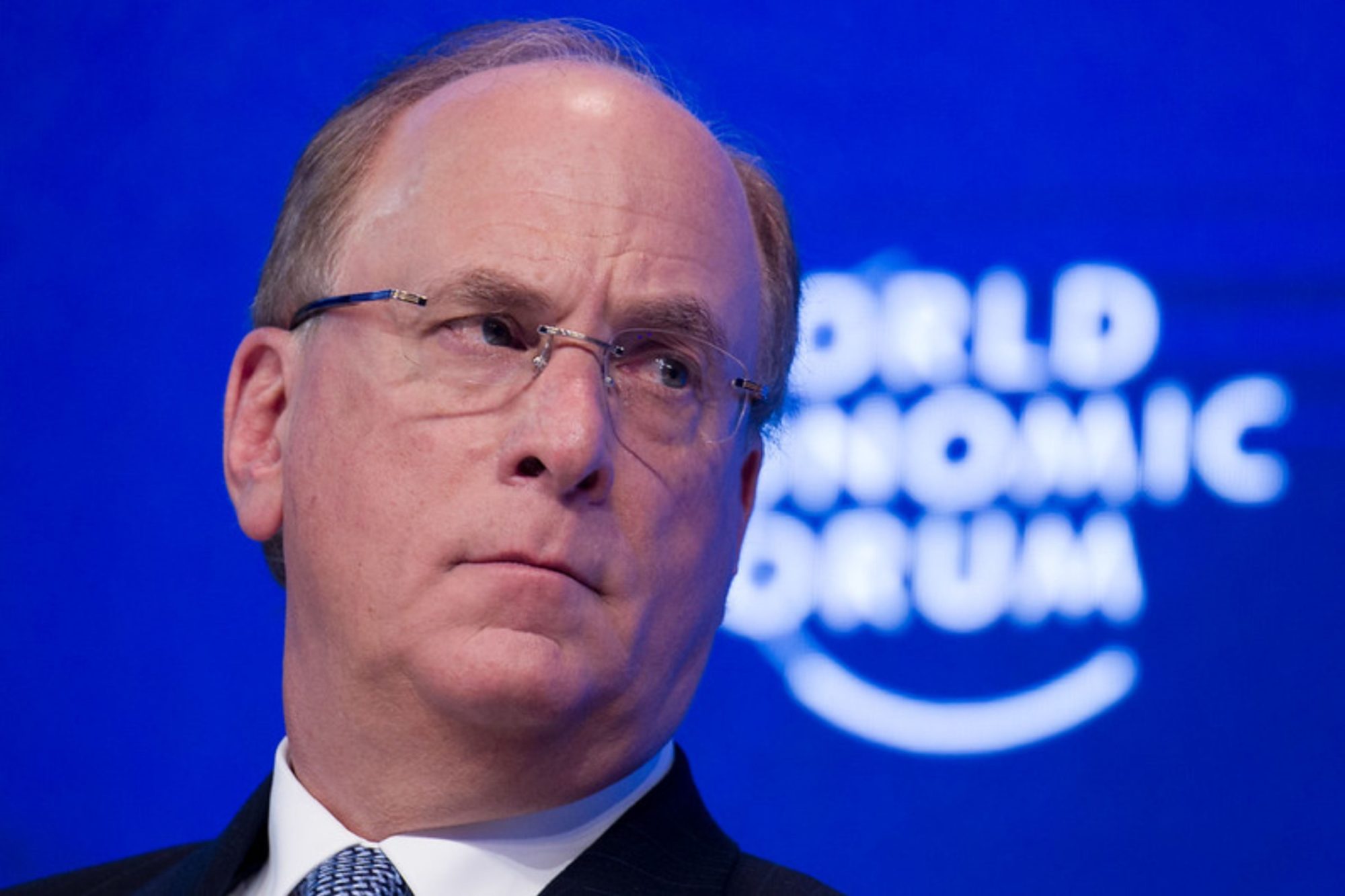The Illinois House last week approved the $53.1 billion state budget that, among other things, makes one tax credit more generous. This bigger tax credit from Illinois, called the standard exemption, will allow families to save around $69. The budget proposal is awaiting Gov. J.B. Pritzker’s approval.
Bigger tax credit from Illinois: what is it?
The standard exemption has been increasing annually since 2011 to match the increase in inflation. Last year, lawmakers quietly reduced this tax credit by detaching it from inflation, following a significant jump in the consumer price index (CPI) due to COVID-19 pandemic-related supply chain issues.
However, the 2025 spending plan the House approved last week resumes funding to connect standard exemption to inflation, resulting in a bigger tax credit. Under the new spending plan, taxpayers will be able to claim a standard exemption of up to $2,775 for tax year 2024, up from $2,425 in 2022 and 2023.
It will mean a tax savings of more than $69 for a family of four. This bigger tax credit from Illinois is estimated to cost $172 million, almost double the modest increase in the standard exemption that Gov. Pritzker proposed in his 2025 budget plan in February.
Gov. Pritzker, in his budget proposal, asked the lawmakers to raise the exemption to $2,550. Such a raise would have cost about $93 million.
If the lawmakers hadn’t changed the standard exemption to match the increase in inflation last year, it would have been $2,625 in 2023. It would mean an 8% increase in the consumer price index, the highest ever increase in inflation since 1981.
When lawmakers decided to keep the standard deduction for 2023 at $2,425, it allowed them to divert $114 million set aside for it for other budgetary needs.
The standard exemption has been designed to reduce taxpayers’ adjusted gross income.
Other tax relief for residents
Another tax relief the $53.1 billion state budget proposal offers is eliminating the state grocery tax. Since this tax relief directly benefits local communities, the proposal carries a provision to allow municipalities to create their own grocery tax up to 1%.
Gov. Pritzker first called to remove the grocery tax during his budget address in Springfield earlier this year. Eliminating the grocery tax, according to the governor, would offer notable relief to families hit hard by increasing prices. Gov. Pritzker referred to the 1% tax as a “regressive tax” that Illinois doesn’t need.
“If it reduces inflation for families from 4% to 3%, even if it only puts a few hundred bucks back in families’ pockets, it’s the right thing to do,” the governor said earlier.
Currently, the 1% grocery tax applies to all items meant to be consumed off the premises where they are sold.

























